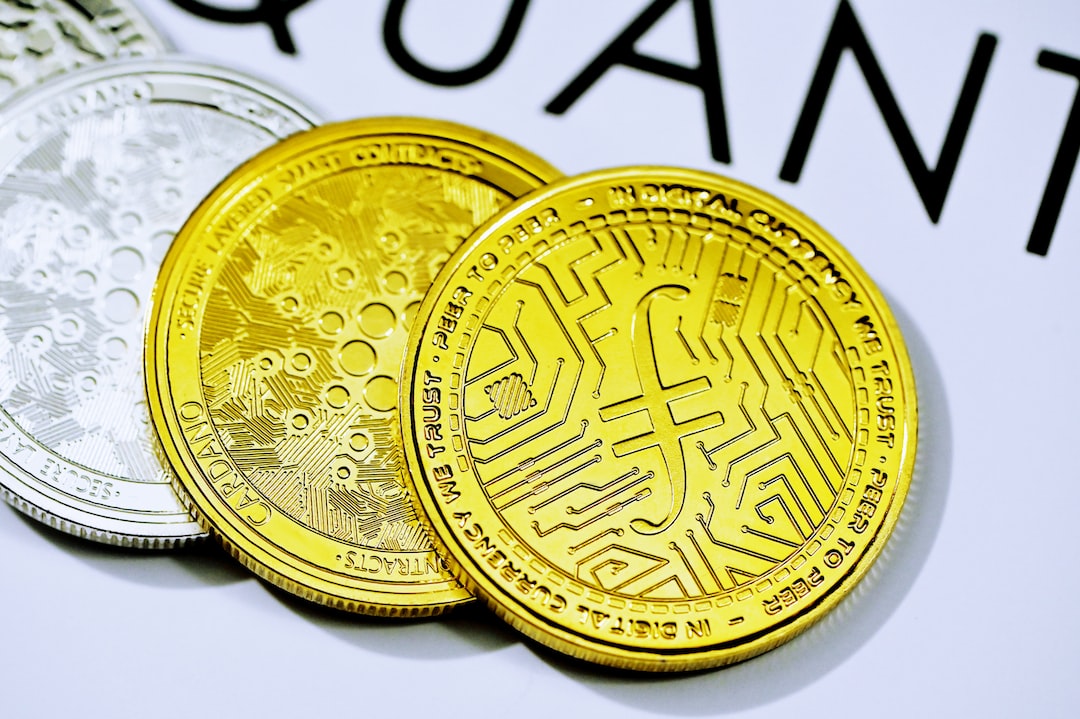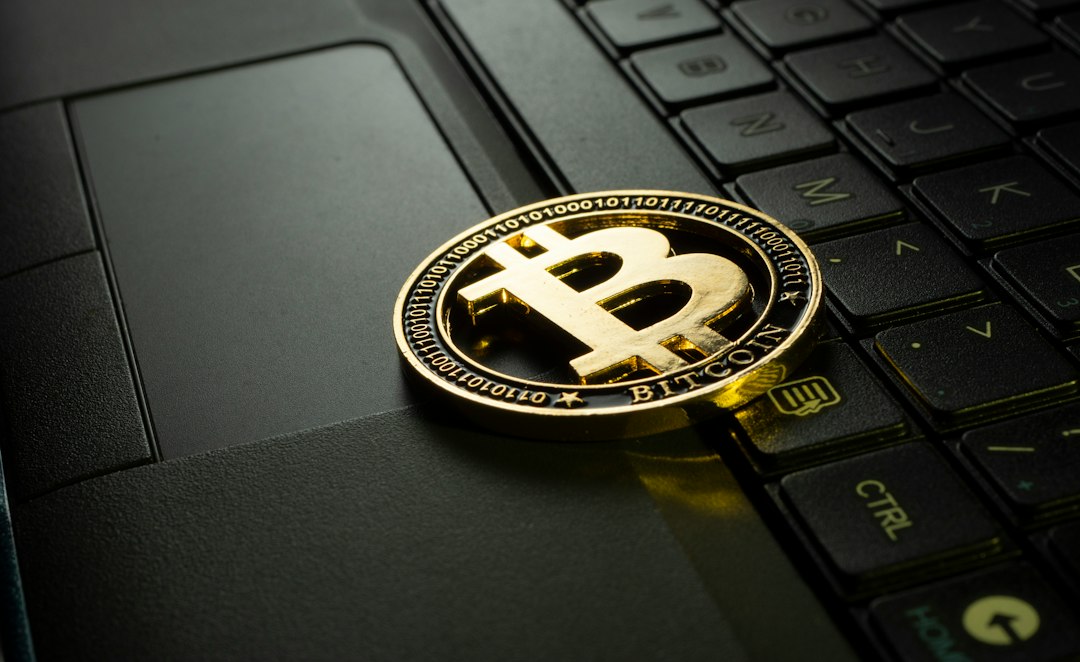Federal Reserve Governor Skeptical of U.S. CBDC Benefits
Federal Reserve Governor Michelle Bowman has expressed doubt about the unique advantages of a U.S. central bank digital currency (CBDC) compared to existing financial alternatives. Speaking at a roundtable discussion at Harvard Law School, Bowman questioned whether a CBDC could effectively address financial issues better than solutions like FedNow.
Advocates of CBDCs have highlighted their potential benefits, particularly in terms of financial inclusion and improving the payment system. However, Bowman remains unconvinced, arguing that these advantages may not be exclusive to CBDCs.
Bowman pointed out the recent launch of FedNow, a service that enables real-time transactions between financial institutions, as an example of innovation in the private sector that could solve the same frictions targeted by CBDCs. She also raised concerns about stablecoins and their potential risks to consumers and the banking system.
Feasibility of CBDC Exploration
While the Federal Reserve is considering the feasibility of a CBDC, it is not currently in development. Any decision to proceed would require approval from Congress. This contemplation comes as numerous countries around the world are researching their own CBDC possibilities.
Bowman’s skepticism highlights ongoing debates about the benefits and risks of CBDCs and stablecoins. Legislation on stablecoin regulation is currently under consideration, with potential challenges in Senate debates.
Hot Take: Federal Reserve Governor Expresses Doubt Over U.S. CBDC Advantages
Federal Reserve Governor Michelle Bowman has voiced skepticism about the practicality of a U.S. central bank digital currency (CBDC) compared to existing financial alternatives. While advocates highlight potential benefits like financial inclusion, Bowman questions whether a CBDC can offer more effective solutions than current options such as FedNow. She points to the recent launch of FedNow and other private sector innovations that aim to address frictions in the payment system. Bowman also raises concerns about stablecoins and their potential risks to consumers and the banking system. The Federal Reserve is exploring the feasibility of a CBDC, but its development is not imminent and would require approval from Congress. This skepticism reflects ongoing debates about CBDCs and stablecoin regulation.





 By
By
 By
By
 By
By
 By
By

 By
By